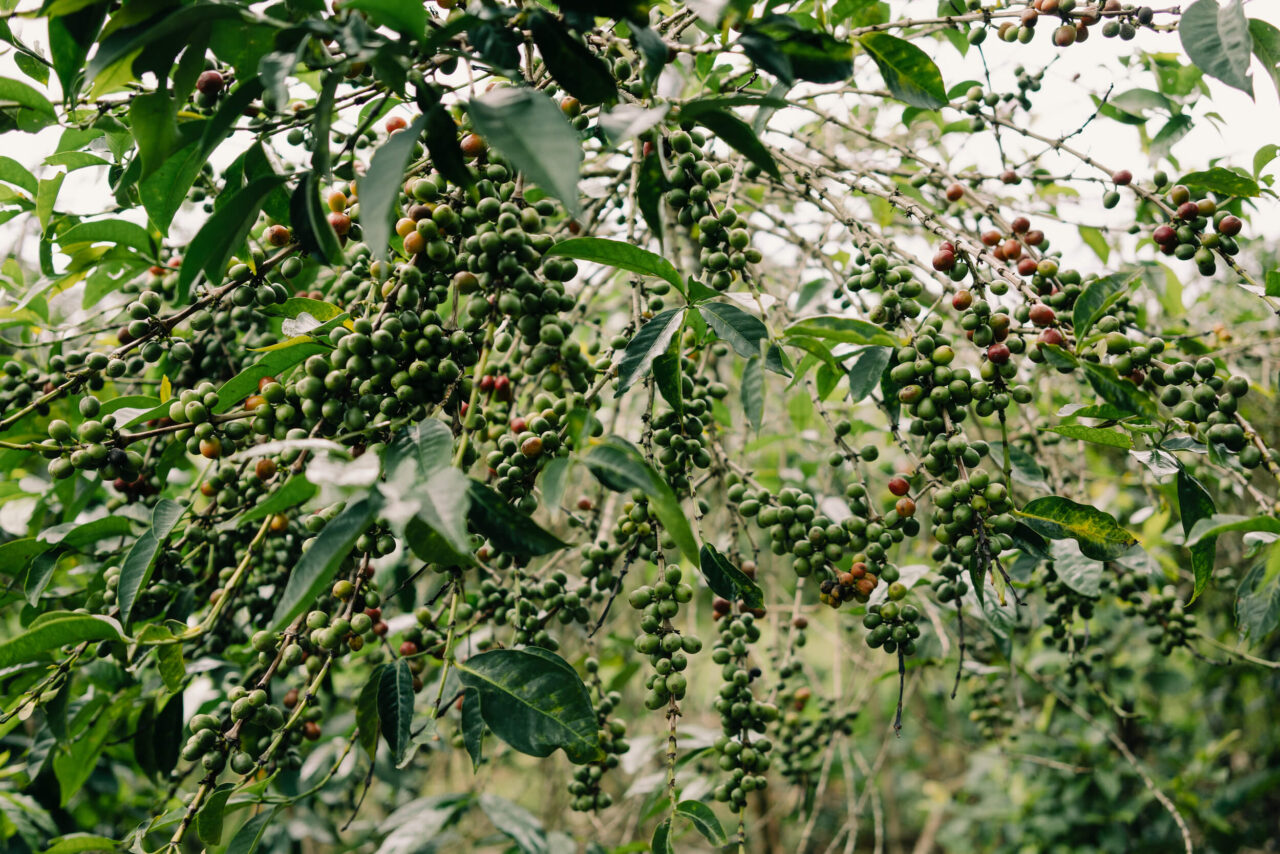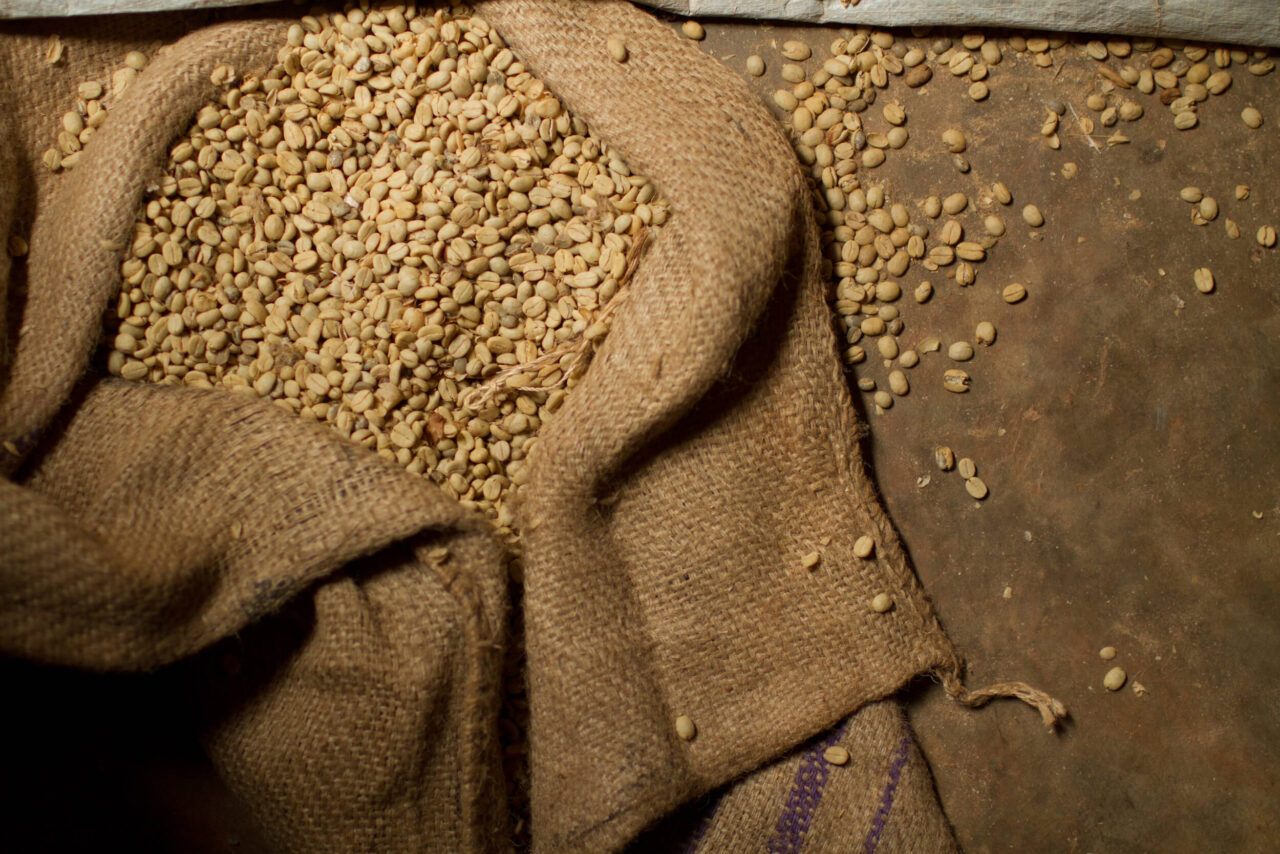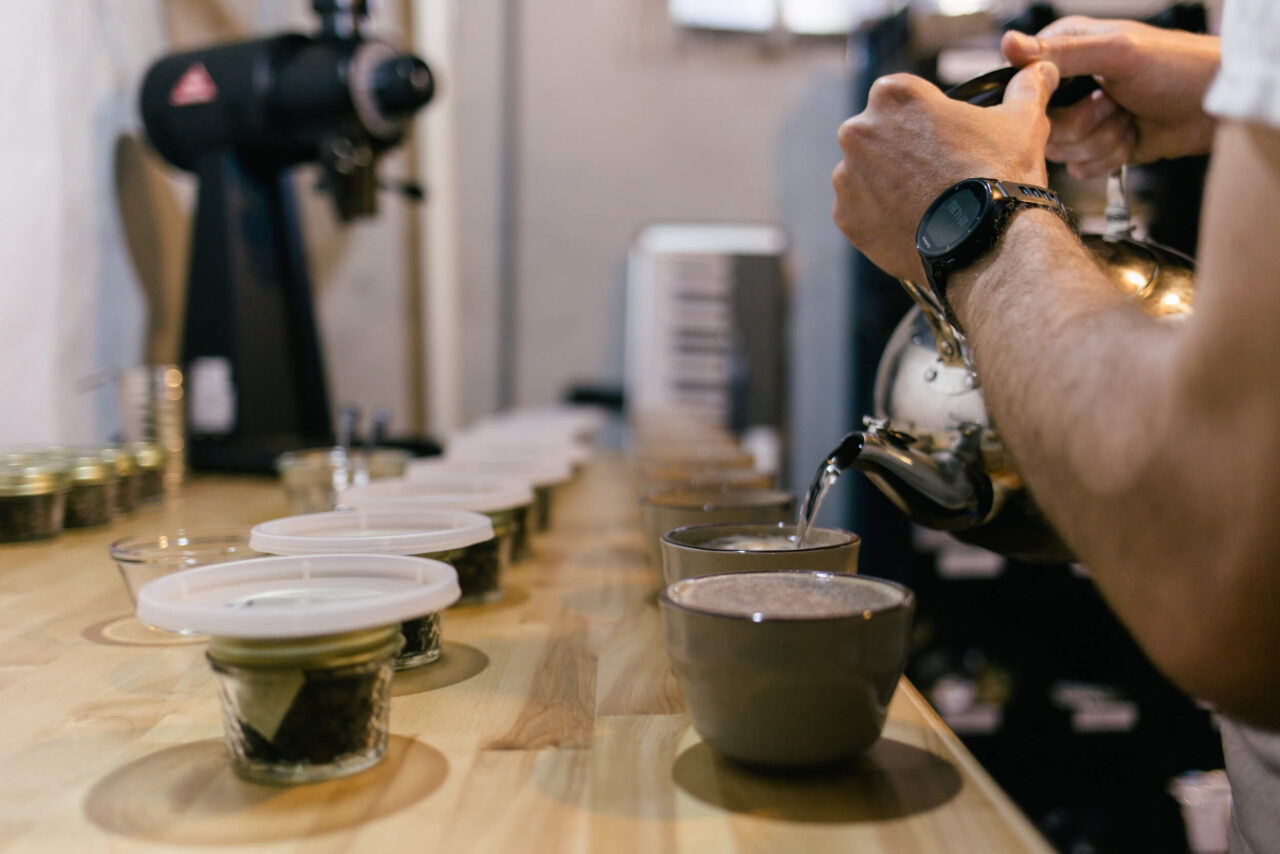From the Farm
collected and translated by Joy Mavugo in conjunction with Robyn-Leigh van Laren from the Long Miles Story Team

The first of September usually means the end of the dry season in Burundi, and the start of the country’s second rainy season. During this time of the year, many communities of farmers usually shift their focus from coffee to other subsistence crops (such as maize, potatoes and cassava) that need to be planted by the time rain starts to fall.
“We have to hurry and finish everything before September because once the rain starts, there will be many things to do. You can’t work on activities meant for the dry season during the rainy season. My husband is supposed to be mulching and fertilizing the soil of our coffee plantations while I plant other crops, but he’s still busy pruning our coffee trees. I’ve had to stop what I was doing to help him look for mulch.”
Jeannette Ngendakumana is a coffee farmer from Gaharo hill
Meanwhile, some farmers are still focused on picking coffee cherries. Due to the irregular weather patterns that Burundi experienced this year, the country’s coffee harvest came to an end while many farmers still had unripened cherries on their coffee trees.
“Harvest might be over at the washing stations, but it’s still going on at home. There are many cherries that need to be picked. We are still in the dry season, and the coffee trees aren’t getting much water. The small amount of water they do get is being fed straight to the cherries that are still ripening and haven’t been picked. These leftover cherries also cause the number of antestia bugs found in the coffee farmers to multiply. The only way to prevent this is by picking them. Many farmers can’t accept losing so many cherries after harvest, so they continue to process coffee at home: picking, sorting cherries, hand-pulping and then drying. Coffee traders have permission from the government to buy parchment coffee at a fixed price from coffee farmers. I still have one hundred kilograms of coffee to sell.”
Joseph Haragasika is a coffee farmer from Gaharo hill.
From the Field
written by Seth Nduwayo, Quality Control Manager for Long Miles Coffee

Previously I talked about how our Lab in Bujumbura was pushing hard to have a lot of samples processed and dispatched at that time to David (in the States where the main Lab is based, because of the threat by COVID-19). Because of the hard work of the Buja Lab Team, our process chain was always active. And today, I am grateful for the step where we are at and I can congratulate Mr. Zebron (Long Miles Coffee Lab Assistant) for having delivered most of our expectations. This week, intensive Lab work was done. All the urgent samples were processed and dispatched to the Lab in the States. This is a good thing as lot construction becomes quicker and milling plans become definite. We can expect to see the activities moving in a faster way, from the beginning of September.
Liar or dreamer, I ignore what you will think of me. Having a container ready in August was done, as promised. But shipping should take place early September, which is good as the earliest, so far, we have been able to make is early October. The reason is that export paperwork is not a quick-do-it-yourself kit. In fact, when we had everything ready, an official in charge of issuing the grades confirmation certificate (taxation report) was out for three consecutive days. When he was supposed to come back, coincidentally it was a day off as it was an election day (for hill leaders). Even for other signatories, we observe similar delays and we never stop learning!
From the Lab
written by David Stallings, Roaster Relations for Long Miles Coffee

Echoing Seth’s message, the busy days in the lab continue. It has been a pleasure to see much of the work from the last two months come to a point of fruition in the form of final, milled lot samples. The milling quality has been excellent and the coffees are so balanced and clean. If you have not received samples yet and are expecting them, do not fret. Our focus at this time is on moving lots through the process as quickly as possible, in order to allow milling and export to happen as quickly as possible. In the end, this will serve everyone in the supply chain.
I so greatly appreciate the tone of optimism and enthusiasm in Seth’s section of this week’s newsletter. The entire team has been pushing hard to move coffee as quickly as possible. Hours after Seth emailed me the copy for his section, however, we did run into what is currently a concerning situation. The dry mill which is contracted to mill and clean our coffees this year has been on strike. The strike concerns the mill owner and specifics surrounding former-employee pensions. In ever humbling Burundi coffee sector fashion, we are monitoring the situation patiently. A report I received just minutes ago relayed that the situation will hopefully be resolved early next week. That said, there is no way to know at this time. I will continue to use this space in these emails to update all of you concerning the situation.
As always, if you feel that you have not been heard regarding your needs for this season, please reach out to me!
Links worth checking out
- Long Miles Coffee featured in Imbibe’s article “How COVID-19 Is Rippling Through the Coffee World”.
- Ben Carlson’s two-part conversation with Coffee Radio Japan on founding Long Miles Coffee and the complexities of creating meaningful change in a system that wasn’t built for it.
- This New York times article: “ ‘Hotel Rwanda’ Hero, Paul Rusesabagira, Is Held on Terrorism Charge.”

